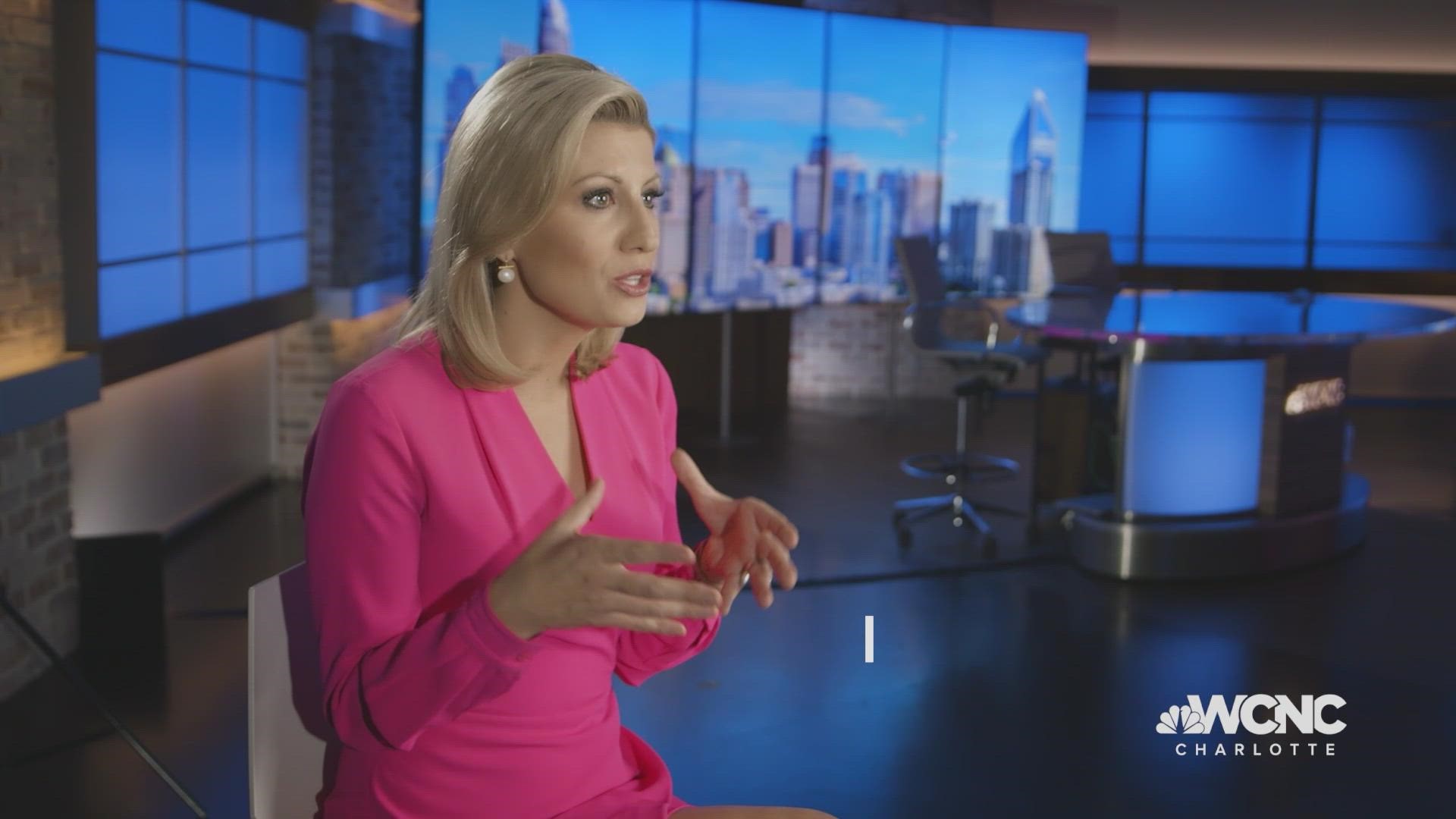RALEIGH, N.C. — Democratic Gov. Roy Cooper launched a campaign Monday to try to beat back education and tax legislation from the Republican-controlled General Assembly that he said if enacted would crush North Carolina's public schools and wobble the state's economic future.
“It’s clear that the Republican legislature is aiming to choke the life out of public education,” Cooper said in a recorded speech released Monday. He urged voters to “take immediate action and tell them to stop the damage that will set back our schools for a generation.”
In his video address, Cooper said he's “declaring this a state of emergency” for public education but pointed out it was not an official order. He called on residents to encourage their legislators to reject a spate of GOP-backed education bills in the final weeks of the chief work period for this year’s legislative session. The legislature's agenda for the coming weeks includes passing a state budget for the year starting July 1.
The governor will hold public events across the state in the days ahead to rally parents, educators and business leaders.
Cooper said public school teacher pay proposals by Republicans fall way short and will fail to address a statewide teacher shortage. He argued deeper income tax cuts in the competing House and Senate budget proposals that also would benefit the highest wage earners would ultimately empty state coffers.
At the same time, the GOP is moving to dramatically expand the state’s K-12 private school scholarship program so that families of any income level could receive financial assistance, not just the poor and middle class.
That expansion ultimately would send over $500 million in taxpayer money annually to the Opportunity Scholarship Program. In contrast, the governor said, the Senate budget would raise base salaries for some veteran teachers by just $250 over two years.
“They’ve clearly given up on the public schools and have decided to fund private schools instead,” Cooper told The Associated Press in an interview in advance of speech. “This is an intentional slap in the face of teachers.”
Republicans point out that public education spending would grow by several hundred million dollars a year annually in their competing plans. And GOP leaders consider expansion of the private-school vouchers program part of a philosophy to give all children access to education options — whatever the source — to help them succeed.
Rep. Tricia Cotham of Mecklenburg County, whose recent party switch from Democrat to Republican gave the GOP veto-proof seat majorities in both chambers, dismissed Cooper's speech as “political theater.”
“The governor is advocating for systems rather than students themselves,” Cotham said in a tweet. “Education is not one-size-fits-all and NC families should have the freedom to determine what kind of education is best for them.”
Randy Brechbiel, a spokesperson for Senate leader Phil Berger, shared similar criticism, noting that “meaningless publicity stunts do nothing to improve educational outcomes in our state.”
Cooper's use of the gubernatorial bully pulpit comes as his power to confront the legislature has been weakened significantly in the weeks since Cotham switched parties. He said he would have issued the clarion call for education even if he had sizeable legislative support to uphold his veto because education is critical to the state's fiscal health. The public school system is often the largest employer in rural counties and prepares students for the workforce.
“The general public doesn’t realize the disaster that is brewing,” he told the AP.
The House proposal would raise average teacher pay by 10.2% over two years, compared with 4.5% in the Senate plan, which would lag behind recent inflation rates. Cooper's budget proposal wanted 18% average raises.
The governor also accused legislators of doing little to expand the state's prekindergarten program for at-risk children and to stabilize child care centers. And he warned of a proposed constitutional amendment that if placed on the ballot would remove his ability to appoint nearly all members of the State Board of Education. Members would be picked in district elections instead.
“If they get their way," he said in his speech, "our State Board of Education will be replaced by political hacks who can dictate what is taught and not taught in our public schools.”

